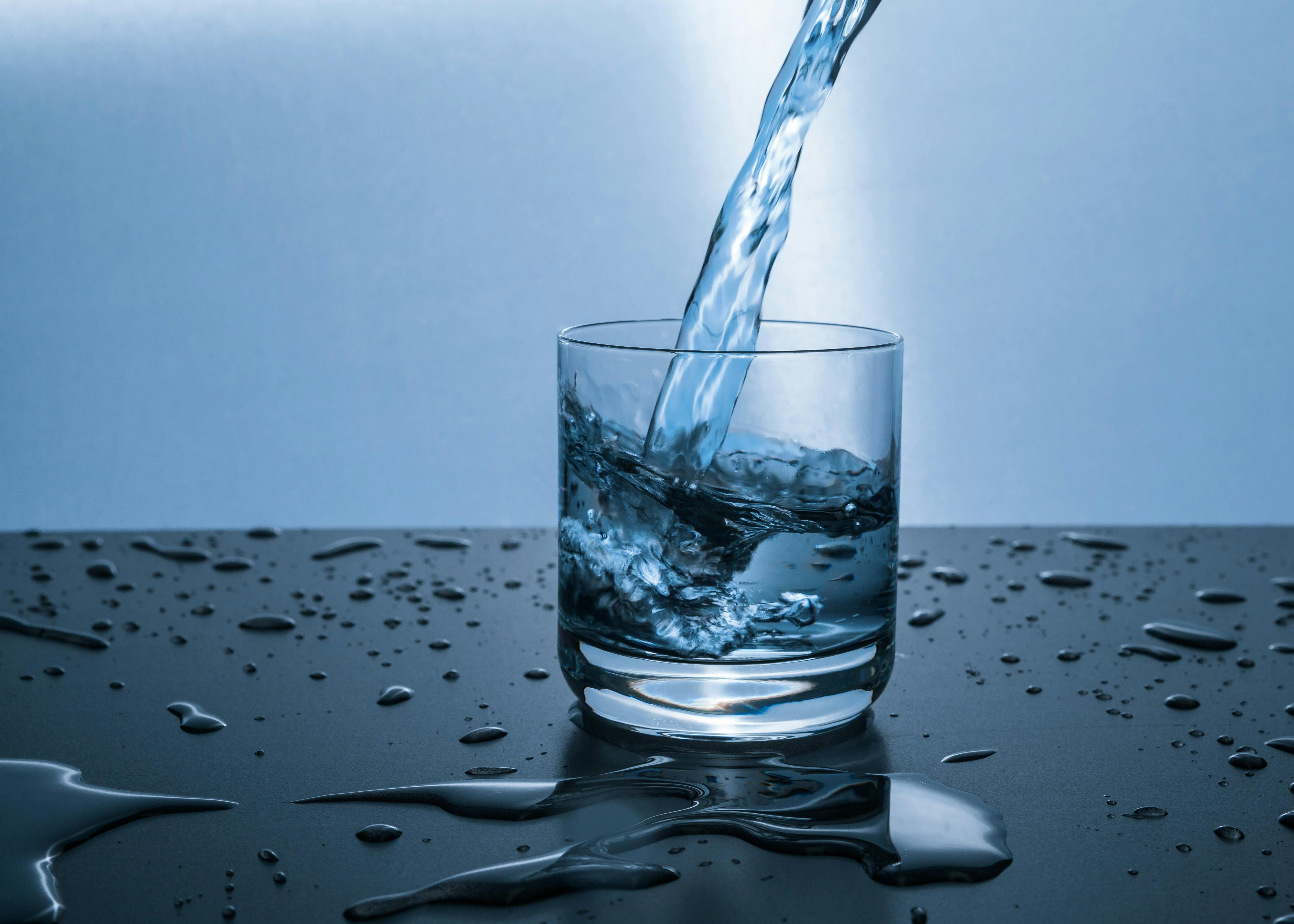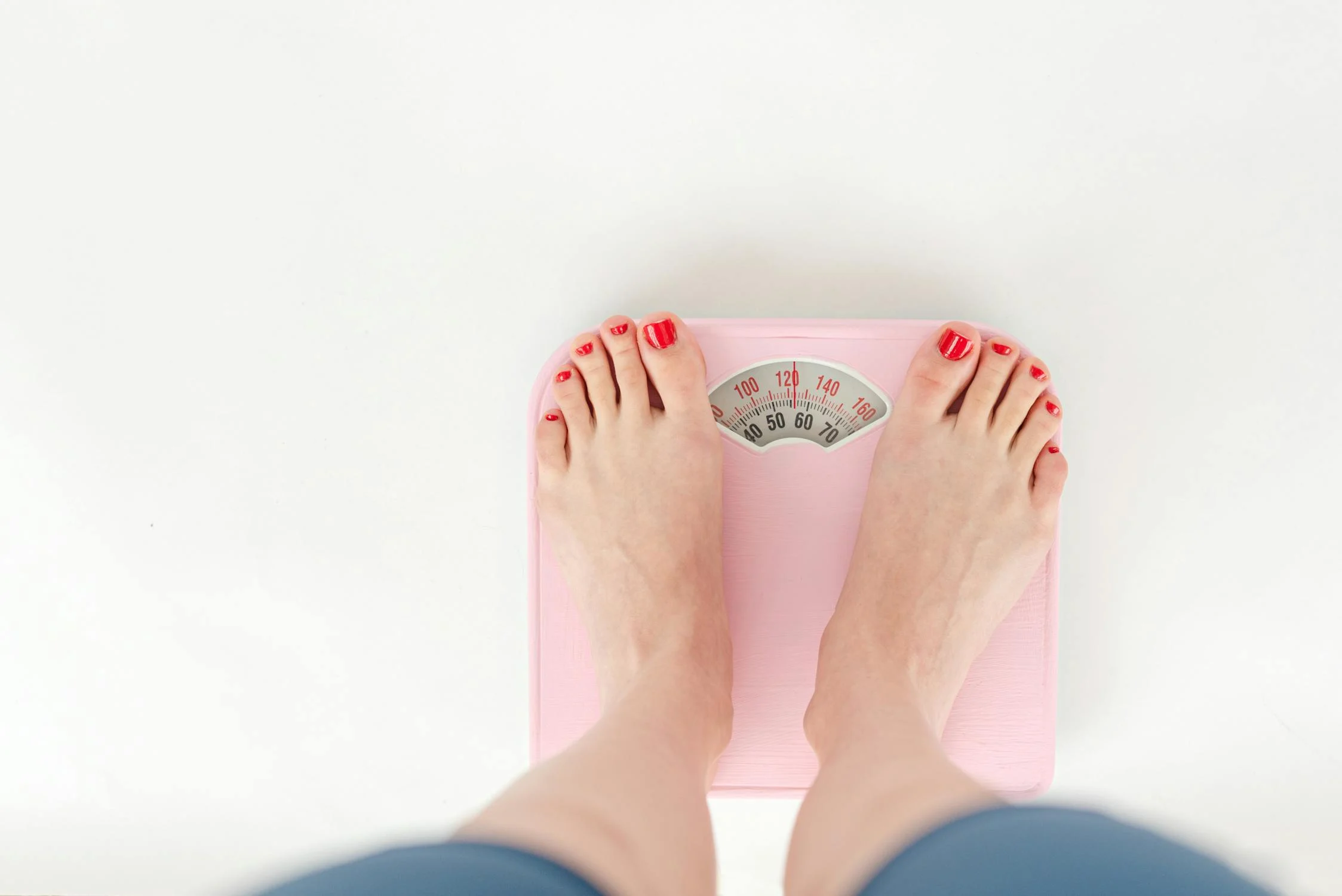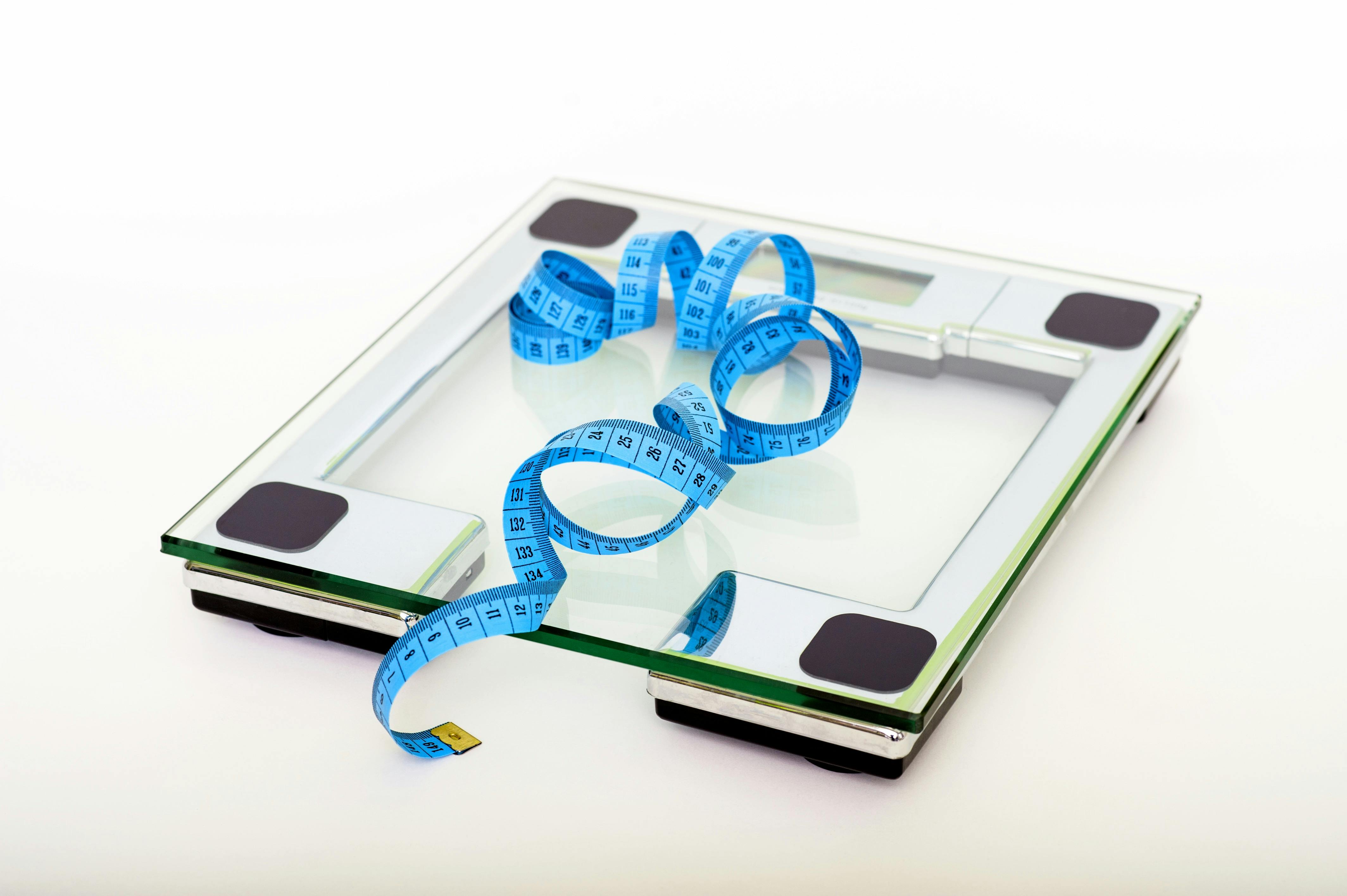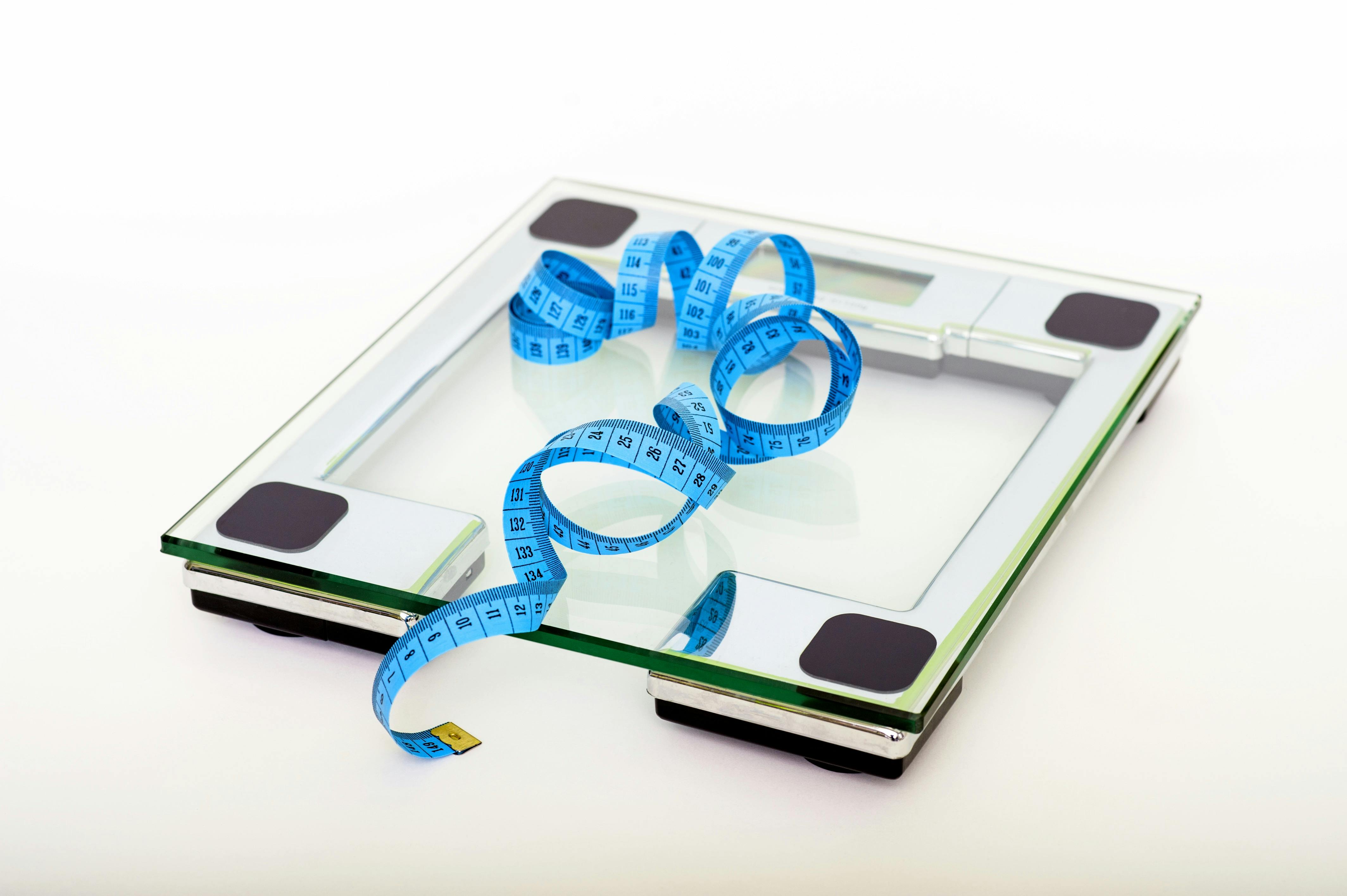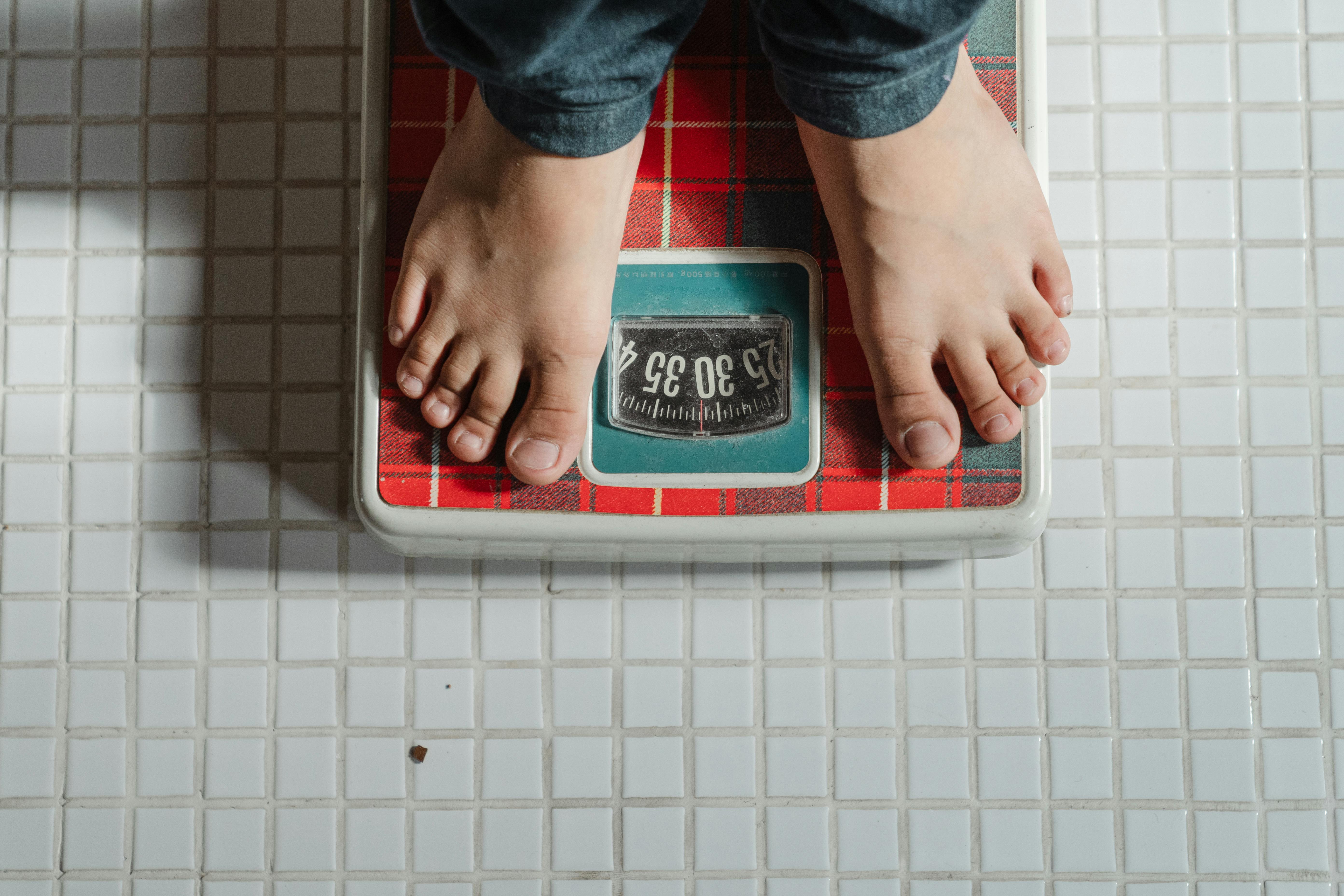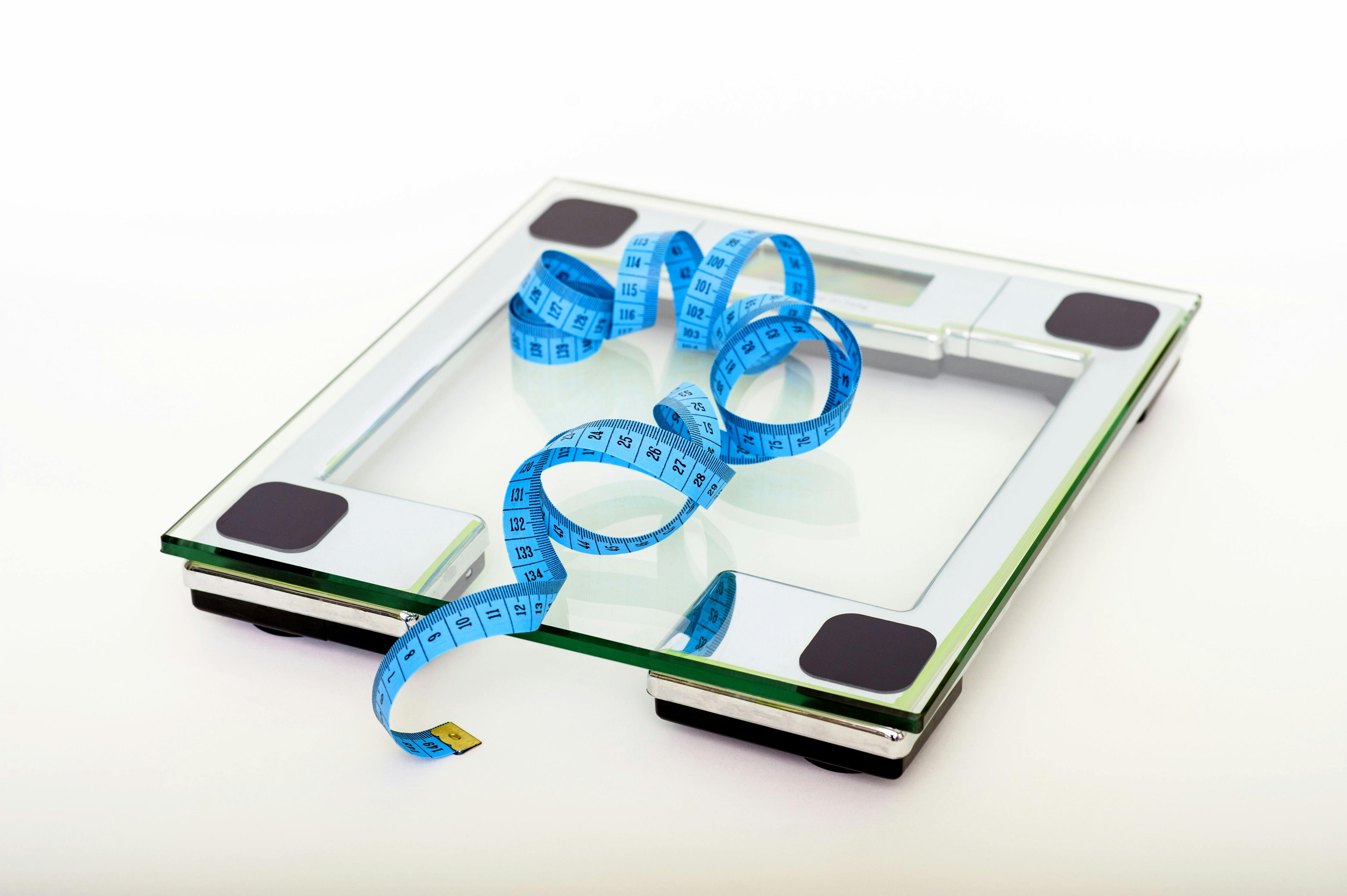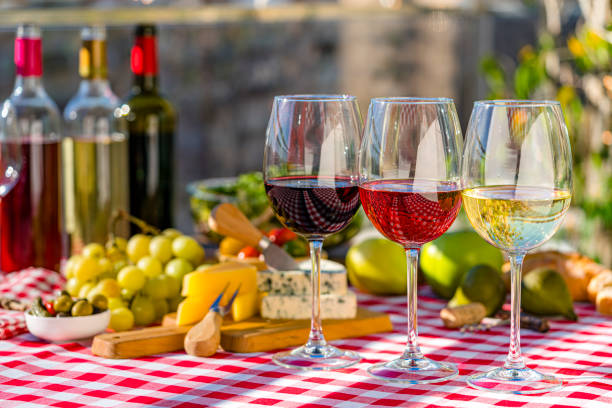
- 10 April 2025
- Dr Boshi
Introduction
If you are trying to lose weight, alcohol could be quietly sabotaging your progress. Here’s how it can interfere with your goals—and what you can do about it:
-
Alcohol can hinder weight loss
While an occasional drink might not derail your efforts, frequent or excessive drinking can significantly slow down weight loss. Your body sees alcohol as a toxin and prioritizes metabolizing it over burning fat, meaning fat burning is paused until the alcohol is processed. -
Empty calories that don’t satisfy
Alcohol contains 7 calories per gram, nearly as much as fat (9 cal/g), but unlike food, it offers little to no nutritional value. Even if you consume the same number of calories in food, you’ll feel fuller and more satisfied. A few drinks can easily add 300–500+ calories without making you feel full. -
It stimulates your appetite
Alcohol increases levels of ghrelin, the hunger hormone, which can lead to overeating—especially high-fat or high-carb foods. Ever found yourself craving chips or ordering fast food after a night out? That’s alcohol working against your willpower. -
It lowers your inhibitions
After a drink or two, your resolve to stick to your healthy eating plan can go out the window. You might find yourself saying “yes” to dessert or going back for seconds when you wouldn’t normally. -
Mix smart
Cocktails and mixers can be calorie bombs. Choose soda water or light tonic or low-calorie drink over sugary juices and fizzy drinks. A gin and soda with lime, for example, is far lighter than a piña colada or rum and coke. -
Hydrate between drinks
To pace yourself and reduce calorie intake, try alternating each alcoholic beverage with a glass of water or a low-calorie drink. This also helps prevent dehydration (and those dreaded hangovers). Further dehydration can lead to weight gain (see the blog titled "How dehydration can lead to weight gain")
